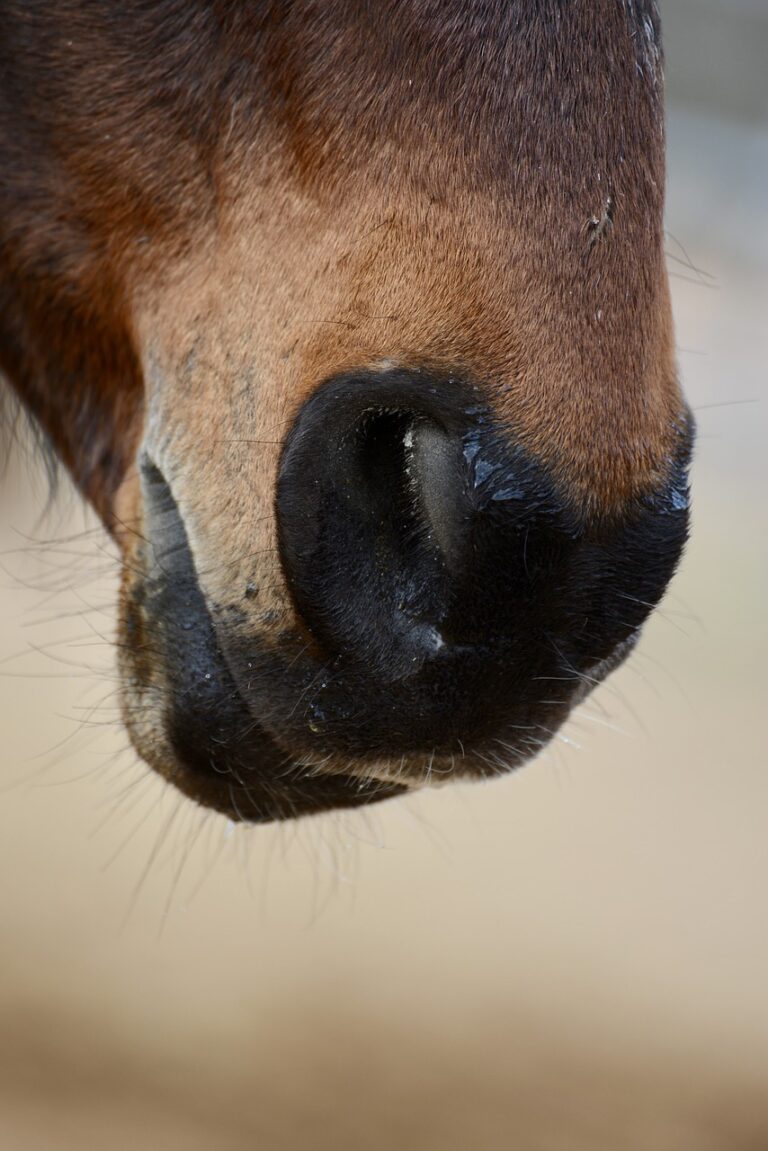A piano is a natural instrument made from many mechanical parts including wood– which increases and acquires depending on climate– as well as felt, fabric and woollen. Each time it is played, its internal operations shift somewhat. This means pianos do head out of tune and their sound may transform with time. Humidity, when it involves pianos, is essential to take into consideration year-round. Pianos do not like extremes. Similar To Goldilocks (of the three bears popularity) pianos like temperature levels not also hot, not also cool– and they require the humidity to be ideal.
Positioning your piano in a space that has a rather stable temperature level will certainly assist to keep in well maintained. You might listen to people state “pick an inner wall surface”. This is because inner wall surfaces tend to be extra stable in temperature level than outside walls. Do not reveal your piano to variants in heat and cool. Avoid placing your piano on a wall surface which is west-facing and exposed as these walls get hot in summer and can create variation in temperature level. Digital Piano Dust Covers Maintain your piano away from the a/c unit, heating system and fireplace.
Avoid anything that contains silicone. Silicone will be soaked up by the surface and can cause the wood to come to be saturated and hard to fix or refinish in the future. Second, when cleaning modern high gloss and high gloss piano finishes utilizing a wet fabric complied with by a dry cloth serves. There are additionally brightens made particularly for these polyester finishes available from a lot of piano service technicians and piano stores.
Ventilation is necessary to maintain your piano healthy however the wrong type of ventilation will certainly create damages. You need to be careful about where you position your piano. Respectable and regular ventilation from all sides of the piano is suitable. Placing the piano in the facility of the space or against a wall dividing two rooms are both good options. Try to avoid placing the piano alongside an outside wall surface or window because natural ventilation is as well uncertain.
Pianos should be tuned consistently– we suggest a yearly tuned every year by an expert piano receiver. Your piano receiver can advise you on what your piano needs if it hasn’t been tuned for a while. your piano must not be placed in direct sunshine. Also, the old adage of not placing your piano on an outside wall surface is somewhat of a farce, especially for today’s well-insulated houses. If you stay in a well-insulated home that has heating and a/c, after that placing the piano on an outside wall surface may be OKAY. If there are any kind of discrepancies, after that including the humidity control system will certainly be the response.
Polyester is one of the most recent product to be utilized on pianos. It is a product of modern-day chemical technology that offers the highest possible degree of charm and defense available. Polyester is a very steady product and weather changes have no result on its dimension. Therefore, applying a steady coating to a constantly transforming surface welcomes difficulty. When the wood modifications in feedback to humidity, the polyester can crack or shed adhesion with the wood. Yamaha makes use of an unique resin and wood pulp formula to create a sheet of material that provides a secure surface area for the polyester application.
Pianos are made from wood, which is excellent for audio manufacturing. Sadly, wood is additionally extremely responsive to modifications in the setting. Water airborne can trigger the wood to expand and agreement. We move pianos throughout Melbourne, country Victoria, Brisbane and South East Queensland as well as interstate. Over time, modifications in the wood, wool, felt and fabric components can influence how your piano feels to play and how it appears. Regulation is like an extensive solution for your piano. Tuning has to do with pitch and focuses on the strings and pins, while regulation means changing the mechanical parts of a piano.
Regulation covers the servicing of the more mechanical parts of the piano that permit the strings to make their charming noises when you press the keys. It’s also the compacting of towel, really felt, and buckskin while additionally readjusting the dimensions to account for changes to the wood and woollen components due to humidity. Depending upon exactly how usually you use it and what type of temperature it’s in, you and your technician can pick just how often your piano ought to obtain serviced.
The correct and regular tension in the strings of the various parts of the piano is very important for the health of the overall tool. These different delicate parts engage with one another and when they are working together smoothly, it reduces the risk of damage. They likewise occur to be really expensive to fix, so on a regular basis adjusting your piano not only keeps your tool healthy but also your purse also.
Subscribe to Updates
Get the latest creative news from FooBar about art, design and business.
Good luck! Your Piano Care Is About To Stop Being Applicable
Previous Article9 Download Video Secrets You Never Knew
